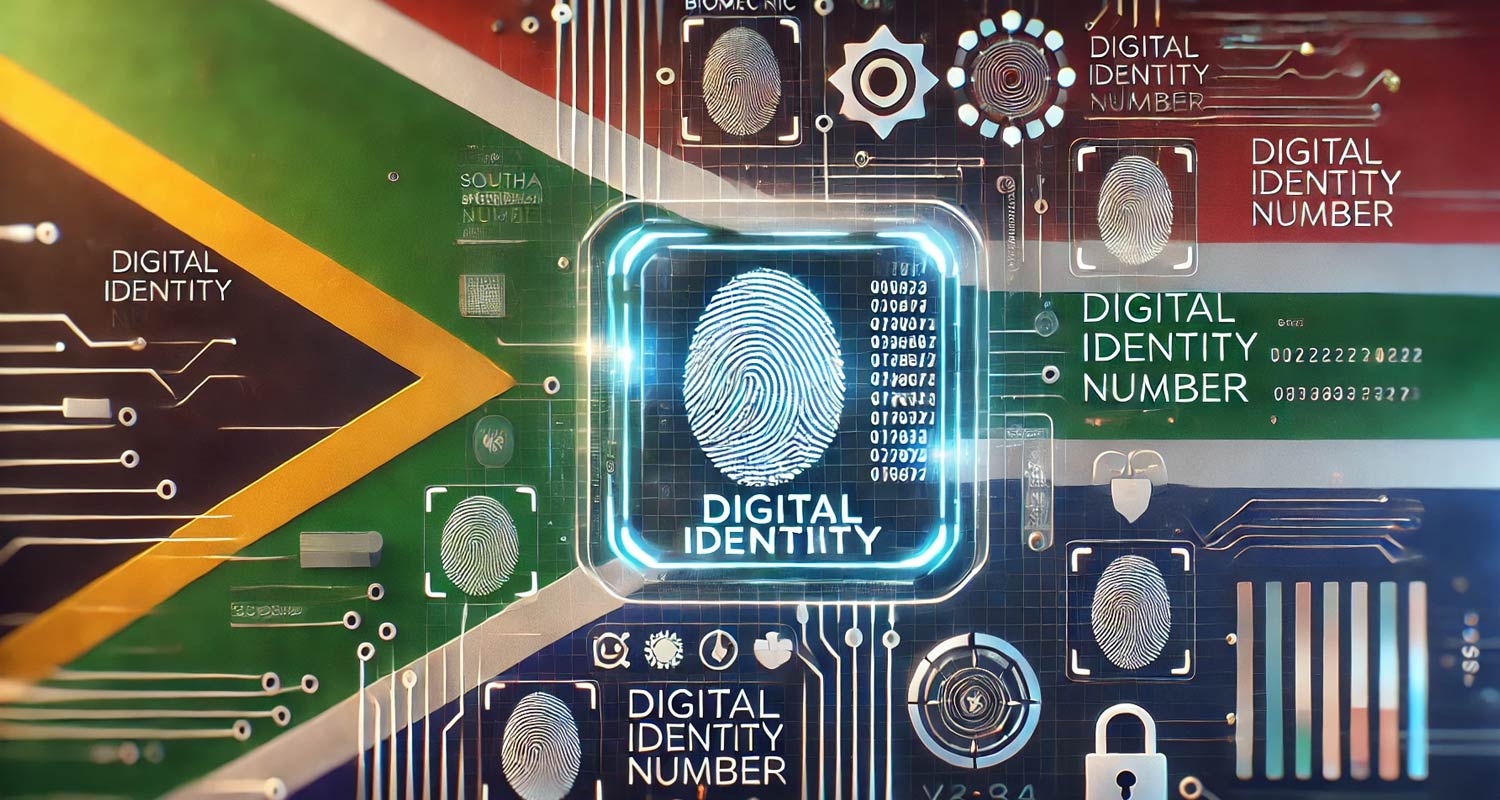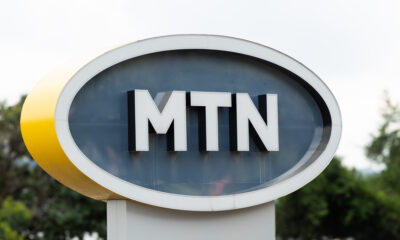Best of Johannesburg
Digital ID SA 2025: How Safe Are Your Records in South Africa’s New Identity System?

The big digital shift
If you’ve visited a branch of the Department of Home Affairs (DHA) recently, you’ll have noticed something: the old green bar-coded ID book is on its way out. The focus now is on what’s being billed as South Africa’s first national digital identity system, think a Smart ID, biometric verification, a digital wallet on your phone, and government services at your fingertips.
The idea may sound futuristic. But in the Johannesburg suburbs, in remote rural towns, and in township centres, this shift has real-life consequences for access, privacy, and security.
What’s changing and why
Under the DHA’s Strategic Plan 2025-2030, the first initiative is “Functional Digital Identity,” meaning every citizen should eventually be able to authenticate themselves online or via an app, not just at a physical desk. One result: the new Smart ID card has been marked as significantly more prone to forgery than the modern card that replaces it.
At the same time, DHA says the green book will be phased out and that by the end of 2025, the new smart processes will be much more widely available, including via banks as access points.
This isn’t just about convenience. The government argues the system will cut the opportunity for corruption, streamline access to benefits and services, and make identity fraud far harder.
The security toolbox
So what protections are in place?
-
Biometric verification: fingerprints and facial scans tied to the national population register. These are now front and centre.
-
Encryption and multi-factor authentication: critical systems are built with encrypted data both at rest and in transit, and access requires more than a simple ID number or password.
-
Legal frameworks: The Protection of Personal Information Act (POPIA) governs how personal data must be handled; an independent Information Regulator oversees compliance.
-
System upgrades: In March 2025, DHA announced a major upgrade to its verification system. The department reports improved reliability following these upgrades.
-
Modern card technology: The Smart ID card is made of durable polycarbonate, uses laser-engraved features, and uses encrypted 2D codes to deter forgery.
All of these build a strong foundation. For someone in Sandton, Centurion, or Soweto, it means theoretically better protection of your identity when you’re opening an account, applying for a grant, or verifying your details.
But the risks remain
Despite the advances, there are still plenty of valid concerns.
-
Legacy infrastructure: Many Home Affairs offices still lack the live biometric-capture equipment needed to enrol the new Smart ID. Without it, some citizens may still end up with the old green book.
-
Cyber-attack vulnerability: The larger the consolidated database becomes, the more attractive it is to hackers or organised crime. South Africa’s public sector IT reputation is far from perfect.
-
Exclusion issues: Not everyone has a smartphone, stable internet access, or the digital literacy to navigate the new system. If services move too fast and don’t cater to vulnerable groups, they risk leaving some behind.
-
Data consolidation and surveillance fears: Many people online have expressed concern that a unified digital identity could allow the government to track movements, control access to services, or build a “social credit”-style system.
-
Third-party risks: In efforts to scale the system, the government will rely on private vendors and bank branches. That introduces questions about vendor robustness, contractual governance, and data stewardship.
What this all means for you in Gauteng
Living in Johannesburg or nearby means you’re likely among the first to feel the impact of these changes. The bank-branch model means less queuing at Home Affairs offices in town. Your Smart ID may soon let you transact more securely and access services remotely.
But don’t assume everything is trouble-free. It’s wise to:
-
Check if you’ve been issued the Smart ID and not the old green book if you still hold it.
-
Ask how your biometric and personal data is being secured when you apply.
-
Make sure you continue to hold paper or non-digital options for accessing services if you prefer.
-
Stay alert to announcements about downtime or vendor issues that may affect access.
South Africa’s digital identity drive is ambitious and holds real promise, improved security, fewer fraud opportunities, and faster service. The card you could be carrying later this year may well be one of the most secure of its kind in the region.
But a promise is not a guarantee. Implementation will determine how safe your data truly is. If the DHA and its partners execute well and keep vulnerable groups in view, the move could improve access and trust in government services for millions. If not handled carefully, the risks of exclusion, system failure or privacy breaches remain very real.
For anyone navigating the transition, being informed and proactive matters. Your identity is more than a number or card; it’s the key to your access in 2025 and beyond.
Also read: Humanitarian Corridors Explained: Why ‘Safe Routes’ in War Aren’t Always Safe
Follow Joburg ETC on Facebook, Twitter, TikT
For more News in Johannesburg, visit joburgetc.com
Featured Image: TechCentral



























